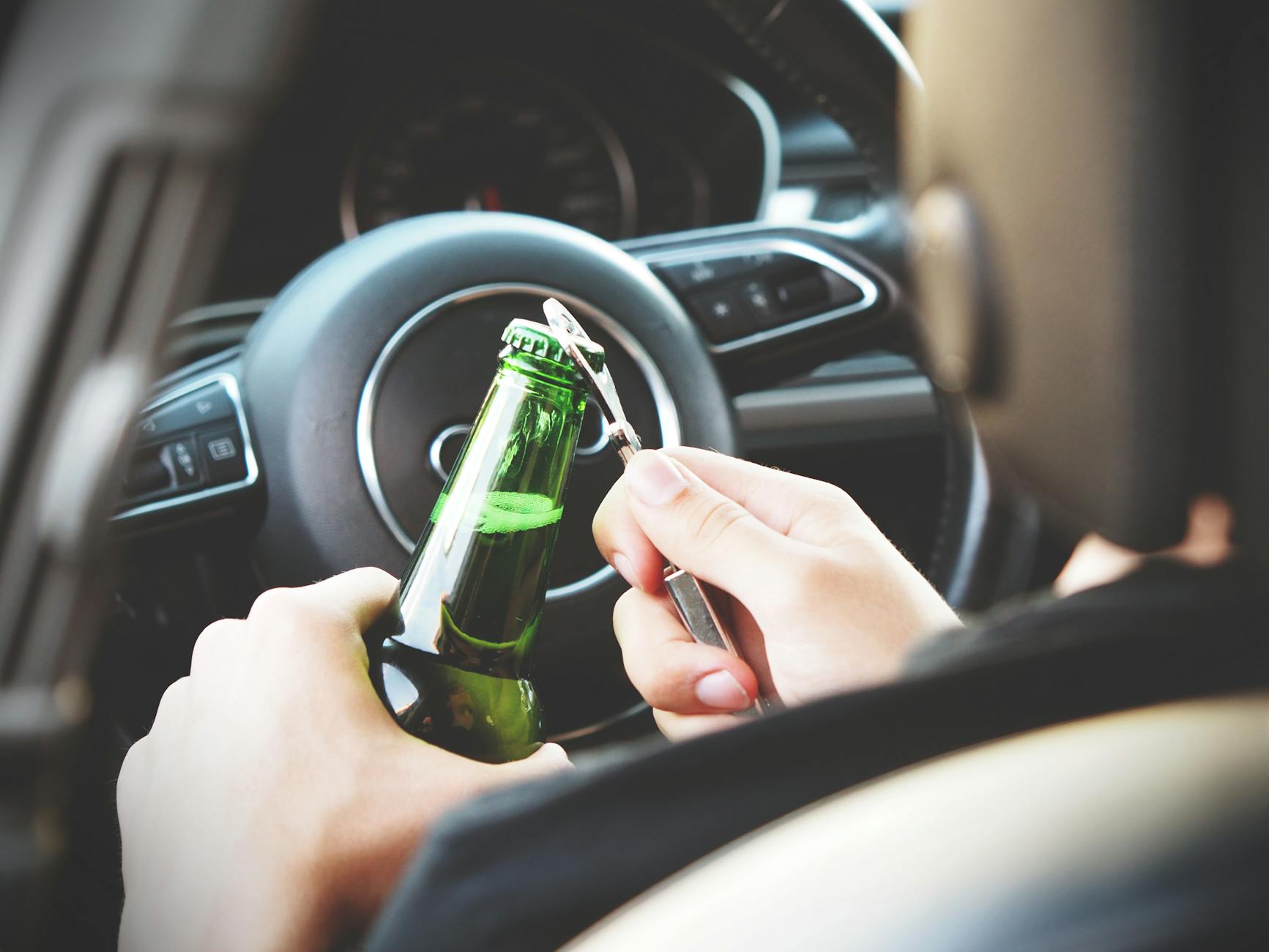Uncover the mysterious factors that determine how many beers it takes for you to feel tipsy. The surprising truth revealed!

Image courtesy of energepic.com via Pexels
Table of Contents
Whether you’re a casual drinker or a seasoned partygoer, the question of how many beers it takes to get drunk is one that has likely crossed your mind at one point or another. While the answer varies from person to person, there are several key factors that can influence alcohol intoxication. In this blog post, we’ll delve into the science behind alcohol metabolism, individual tolerance levels, and other factors that play a role in determining how many beers it takes for you to feel the effects of alcohol.
The Science Behind Alcohol Metabolism
When you consume alcohol, your body goes through a series of processes to metabolize and eliminate it. The majority of alcohol is broken down in the liver, where enzymes such as alcohol dehydrogenase and acetaldehyde dehydrogenase work to convert alcohol into less harmful substances. However, the rate at which your body can metabolize alcohol depends on several factors.
One of the key factors that influence alcohol metabolism is liver function. A healthy liver is better equipped to process alcohol efficiently, whereas a compromised liver may struggle to keep up with the influx of alcohol. Additionally, body weight plays a role, as a larger body mass typically means a higher volume of blood to dilute the alcohol, leading to lower blood alcohol concentration levels.
Gender also plays a role in alcohol metabolism, with women generally metabolizing alcohol slower than men due to differences in body composition and enzyme activity. As a general rule of thumb, the body can typically process about one standard drink per hour, but this can vary depending on individual factors.
Individual Tolerance Levels
One of the most significant factors that determine how many beers it takes for you to get drunk is your individual tolerance level. Tolerance to alcohol can vary widely among individuals, with genetic factors, age, and previous alcohol consumption all playing a role in determining how your body responds to alcohol.
Genetics can influence how efficiently your body processes alcohol, with some people naturally having higher levels of alcohol dehydrogenase enzymes that help break down alcohol more quickly. Age can also impact tolerance levels, as younger individuals typically have a lower tolerance due to less exposure to alcohol over time. Additionally, frequent drinkers may develop a higher tolerance to alcohol, meaning they may need to consume more to feel the same effects.
Recognizing and respecting your own tolerance level is crucial for drinking responsibly and avoiding harmful consequences. Pay attention to how your body reacts to alcohol and know your limits to ensure a safe and enjoyable drinking experience.
Factors Influencing Intoxication
While understanding alcohol metabolism and individual tolerance levels is important, several other factors can also influence how quickly you get drunk. For example, food consumption can play a significant role in how alcohol affects your body. Eating a meal before drinking can slow down the absorption of alcohol into your bloodstream, potentially reducing intoxication levels.
Hydration is another critical factor to consider when consuming alcohol. Staying well-hydrated can help your body process alcohol more efficiently and reduce the risk of dehydration, which can worsen the effects of alcohol intoxication. The type and mix of alcohol you consume can also impact how quickly you get drunk, as beverages with higher alcohol content will lead to faster intoxication.
By being mindful of these factors and making informed decisions about your alcohol consumption, you can better understand how many beers it takes for you to get drunk and take steps to drink responsibly. Remember to listen to your body, know your limits, and prioritize your health and safety when consuming alcohol.
In conclusion, the question of how many beers it takes to get drunk is a complex one that depends on a variety of factors. By considering the science behind alcohol metabolism, individual tolerance levels, and other influencing factors, you can gain a better understanding of your own response to alcohol and make informed choices about your drinking habits. Remember to always drink responsibly and prioritize your well-being when consuming alcohol.
Frequently Asked Questions (FAQ)
Why do some people get drunk faster than others?
Individual differences in alcohol metabolism, liver function, genetics, and tolerance levels all contribute to how quickly someone gets drunk. Factors like body weight, age, and previous alcohol consumption can also play a role in determining alcohol sensitivity.
How can I increase my tolerance to alcohol?
While genetics play a significant role in alcohol tolerance, you can build tolerance gradually by drinking in moderation, staying hydrated, and paying attention to how your body responds to alcohol. Avoiding binge drinking and knowing your limits can help increase tolerance over time.
Can food affect how quickly I get drunk?
Yes, consuming food before drinking can slow down the absorption of alcohol into your bloodstream, potentially reducing the rate of intoxication. Eating a meal rich in proteins and carbohydrates can help mitigate the effects of alcohol on an empty stomach.
How does hydration impact alcohol intoxication?
Staying well-hydrated can help your body process alcohol more efficiently and reduce the risk of dehydration, which can worsen the effects of alcohol intoxication. Drinking water between alcoholic beverages and before bed can help alleviate hangover symptoms and minimize the impact of alcohol on your body.
Generated by Texta.ai Blog Automation
Leave a Reply